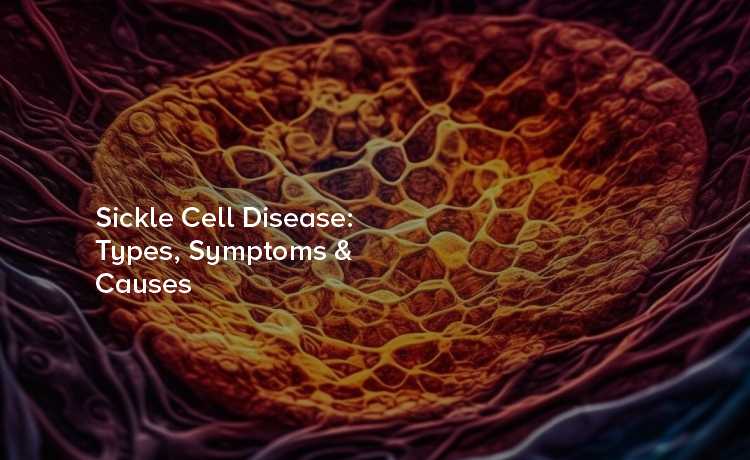
Sickle cell disease (SCD) is a group of inherited red blood cell disorders that affect millions of people worldwide. This complex condition can lead to a myriad of health complications, making awareness and understanding critical for those affected and their communities.
Sickle cell disease is a genetic disorder that affects the hemoglobin within red blood cells (RBCs). Hemoglobin is the protein responsible for carrying oxygen throughout the body. In individuals with SCD, the hemoglobin forms stiff rods within the red cells, causing them to take on a sickle, or crescent, shape. These sickle-shaped cells are less flexible and can get stuck in small blood vessels, obstructing blood flow and leading to various complications.
Sickle cell disease encompasses several distinct types, each characterized by specific genetic mutations. The primary types include:
1. Sickle Cell Anemia (HbSS)
Sickle cell anemia is the most common and severe form of SCD. Individuals with HbSS have inherited two sickle cell genes (one from each parent). This leads to the production of abnormal hemoglobin known as hemoglobin S, which causes the cells to sickle.
2. Sickle Hemoglobin-C Disease (HbSC)
People with HbSC inherit one sickle cell gene and one gene for hemoglobin C, another abnormal type of hemoglobin. While HbSC is generally less severe than HbSS, it can still cause significant health issues.
3. Sickle Beta-Thalassemia (HbSβ)
This type results from inheriting one sickle cell gene and one gene for beta-thalassemia, another hemoglobin disorder. It comes in two forms:
HbSβ⁰ Thalassemia: A severe form where no normal hemoglobin is produced.
HbSβ⁺ Thalassemia: A milder form where some normal hemoglobin is produced.
4. Other Less Common Types
In addition to the predominant types, there are rarer forms of SCD involving combinations of sickle cell genes and other hemoglobin gene variants, such as hemoglobin D-Punjab and hemoglobin O-Arab.
The symptoms of sickle cell disease can vary widely among individuals and can change over time. Some common symptoms include:
Pain Episodes (Crises)
One of the hallmark symptoms is episodic pain, also known as sickle cell crises. These painful episodes occur when sickle-shaped cells block blood flow through tiny blood vessels to your chest, abdomen, and joints. The pain can last for hours to days and varies in intensity.
Anemia
Due to the rapid breakdown of sickle cells, individuals with SCD often experience chronic anemia, characterized by fatigue, pallor, and shortness of breath.
Swelling in Hands and Feet
Known as dactylitis, this painful swelling is often the first symptom in infants and young children with SCD.
Frequent Infections
Sickle cells can damage the spleen, an organ that helps fight infections. As a result, people with SCD are more prone to infections, particularly pneumonia.
Delayed Growth
Children with SCD may experience slower growth rates due to anemia and the body's increased energy demands to manage the disease.
Vision Problems
Sickle cells can block blood vessels in the eyes, potentially leading to vision issues.
Organ Damage
Over time, the blockage of blood flow can cause damage to organs such as the liver, kidneys, lungs, heart, and spleen.
Sickle cell disease is an inherited condition, meaning it is passed down from parents to their children through genes. The primary cause is a mutation in the HBB gene that encodes the beta-globin subunit of hemoglobin. This mutation causes the production of abnormal hemoglobin S.
For a child to have sickle cell disease, they must inherit two sickle cell genes—one from each parent. If both parents carry the sickle cell trait (HbAS), there is a 25% chance with each pregnancy that their child will have SCD. A genetic counselor can provide more detailed information and testing options for families concerned about the inheritance of sickle cell disease.
Understanding sickle cell disease, its types, symptoms, and causes is essential for managing the condition and improving the quality of life for those affected. While there is currently no universal cure for SCD, advancements in treatments and ongoing research offer hope for better management and potential future therapies. Book an appointment with the best hematologist in Hyderabad available at Citizens Specialty Hospital.